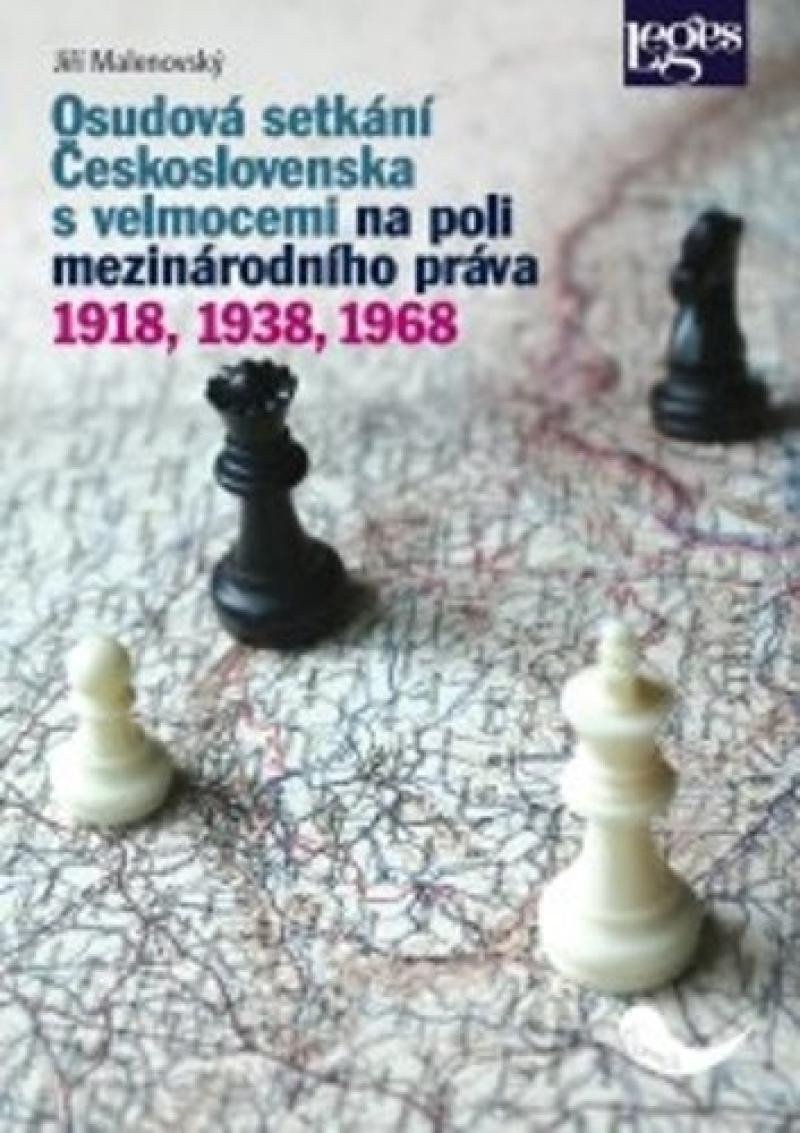Description
The great powers played an important role in the 20th century, both in shaping the norms of international law and in its application and oversight of compliance. They exerted their key influence in the crystallization of the Czechoslovak nation and its political self-determination, as well as in the founding of the Czechoslovak state, against the backdrop of the disintegration of Austria-Hungary that they orchestrated. They communicated their visions to the young national state in the so-called Little Saint Germain Treaty, which they concluded with it after World War I. However, the normative message from the great powers dramatically diverged from the views of Czech and Slovak political forces. This discrepancy negatively affected Czechoslovakia's position in its later conflicts with the aggressive, anti-system Nazi Germany and the hegemonic Soviet Union. In both cases, Czechoslovakia faced gross violations of international law, which it had to deal with within its means. The subsequent international legal qualification of both conflict situations and the behavior of either attacking great power towards Czechoslovakia was marked by schematism, political utilitarianism, and the ideological canons of the time, resulting in incoherence and a certain victim mentality.
Information
Author: Malenovský Jiří
Publication date: March 22, 2024
Manufacturer: Nakladatelství Leges, s.r.o.
Genres: Social sciences, Books, Specialized and technical literature, Law
Type: Hardcover books
Pages: 352
ISBN/EAN: 9788075026910

